What do Manitobans say about Succession from Canada?
Manitoba and Canada: Examining Secession Discourse
Provincial Overview
Manitoba, a prairie province in central Canada, has a population of approximately 1.4 million people. The three largest cities in Manitoba are:
-
Winnipeg - Population: ~775,000 (metro area)
-
Brandon - Population: ~50,000
-
Steinbach - Population: ~18,000
Economic Profile
Manitoba has a diversified economy based on agriculture, manufacturing, mining, and services. The province's economic indicators show:
-
Provincial GDP: Approximately $75 billion CAD
-
Average household income: Around $80,000 CAD annually
-
Unemployment rate: Typically ranges from 5-7%
Compared to Ontario, Manitoba's average household income is roughly 15-20% lower. Ontario, Canada's most populous province, has an average household income of approximately $95,000-100,000 CAD, reflecting the concentration of corporate headquarters, financial services, and technology companies in cities like Toronto.
Manitoba Secession: Political Reality Check
It's important to note that there is no significant or mainstream secession movement in Manitoba. Unlike Quebec, which has had formal referendum votes on separation, or Alberta, where some fringe "Wexit" sentiment has emerged in recent years, Manitoba has not demonstrated meaningful separatist sentiment at the political level.
No major political figures in Manitoba are actively advocating for secession from Canada. The current Progressive Conservative provincial government under Premier Wab Kinew, the Manitoba Liberal Party, and the Manitoba NDP all operate firmly within the Canadian federal framework.
Common Provincial Grievances
While secession is not a significant political movement, like many provinces, Manitoba does have some concerns about its relationship with the federal government:
-
Equalization payments: Some Manitobans debate whether the federal equalization formula adequately addresses provincial needs.
-
Agricultural policy: As a major agricultural producer, Manitoba sometimes feels federal agricultural policies are designed with Ontario and Quebec in mind rather than prairie concerns.
-
Infrastructure funding: Criticisms occasionally emerge regarding the distribution of federal infrastructure funding, with perceptions that populous Ontario receives disproportionate investment.
-
Environmental regulations: Federal carbon pricing and environmental policies have faced some resistance from agricultural and resource sectors important to Manitoba.
-
Indigenous affairs: The complex relationship between federal, provincial, and Indigenous governments sometimes creates tensions over jurisdiction and responsibility.
Political Discourse
Manitoba's political discourse with Ottawa tends to focus on negotiating better terms within Confederation rather than leaving it. Provincial leaders typically advocate for:
-
More provincial autonomy in certain policy areas
-
Greater consideration of prairie perspectives in federal decision-making
-
Increased infrastructure investment
-
Policies that recognize Manitoba's unique economic and geographic position
Conclusion
While provinces naturally have tensions with the federal government in any federation, Manitoba's relationship with Ottawa is characterized by normal federal-provincial negotiations rather than separatist sentiment. The discourse centers on improving Manitoba's position within Canada, not leaving it.
Any claims of significant Manitoba secession movement or mainstream political support for such an idea would be misleading and not supported by the current political reality in the province.
Author: Mark Bajanen with the assistance of Type.AI for statistic accuracy.
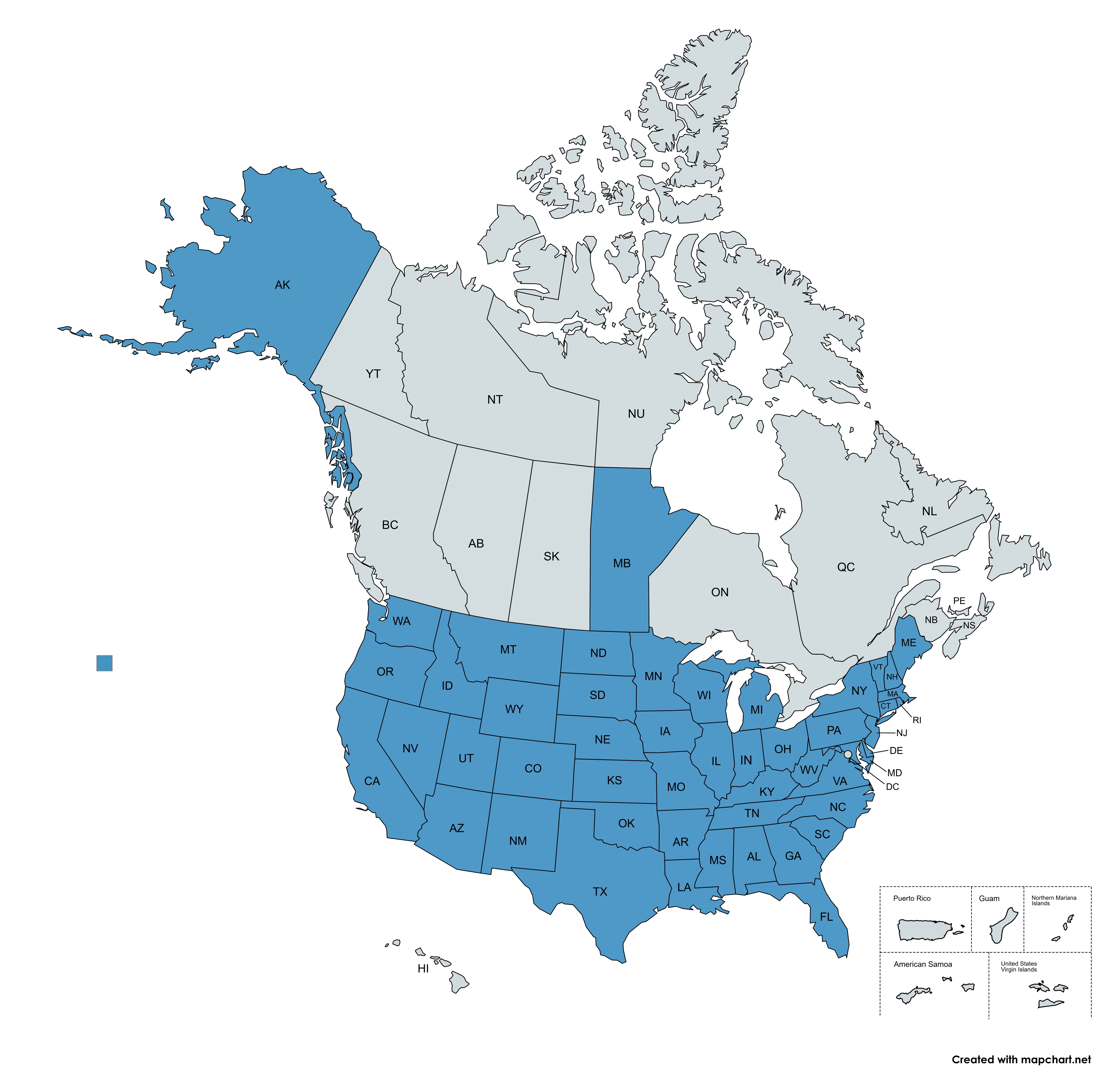

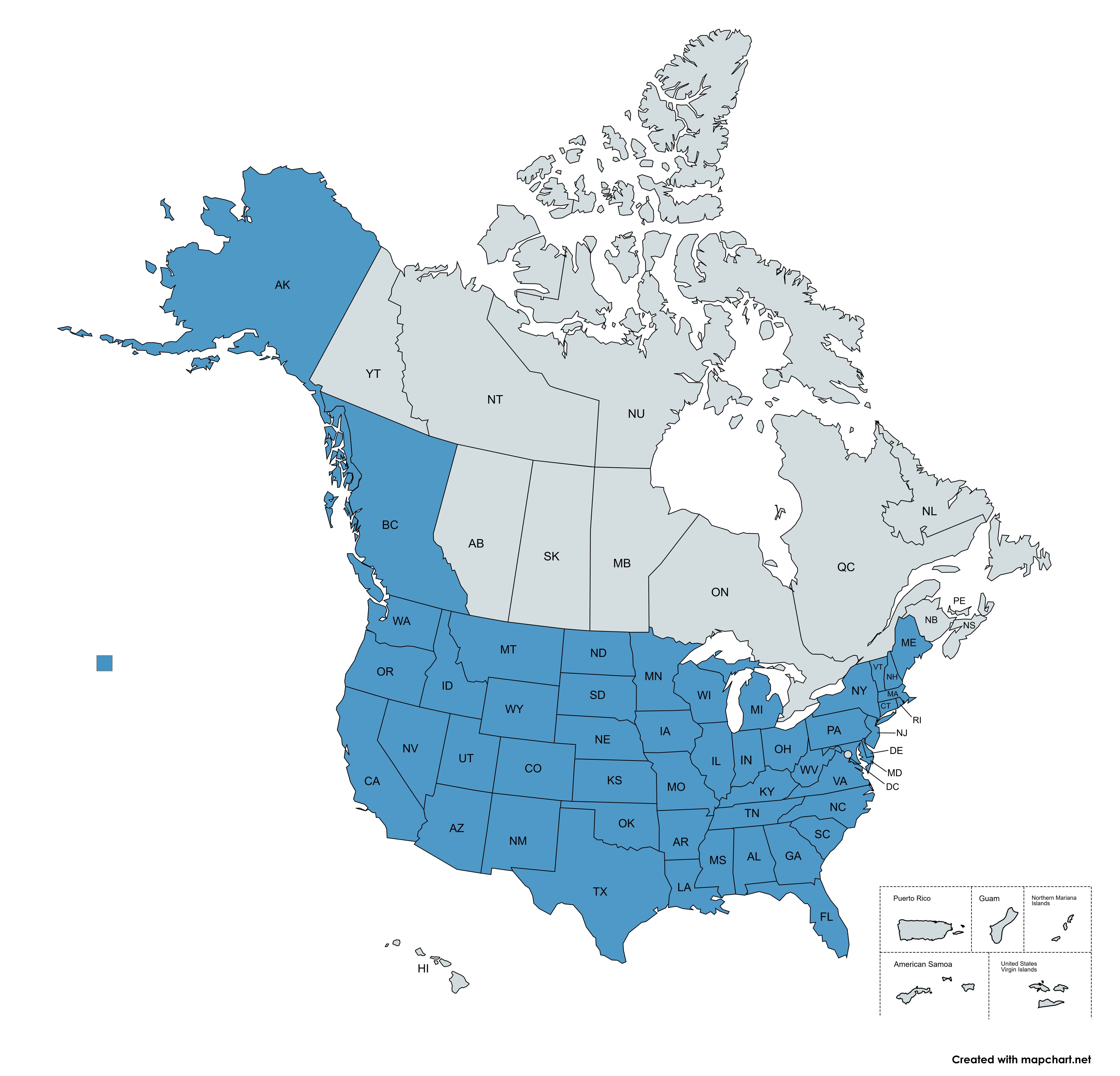
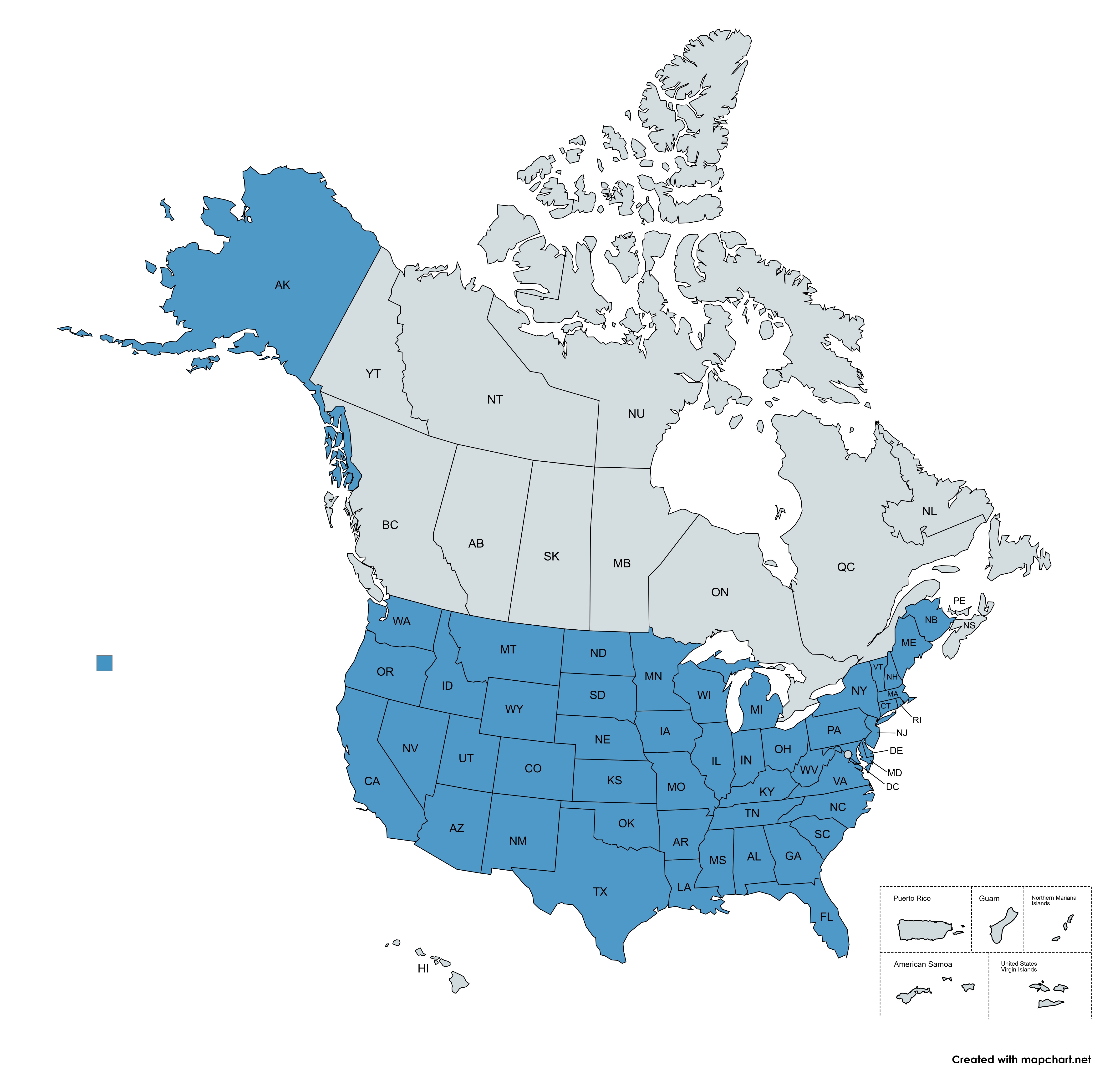
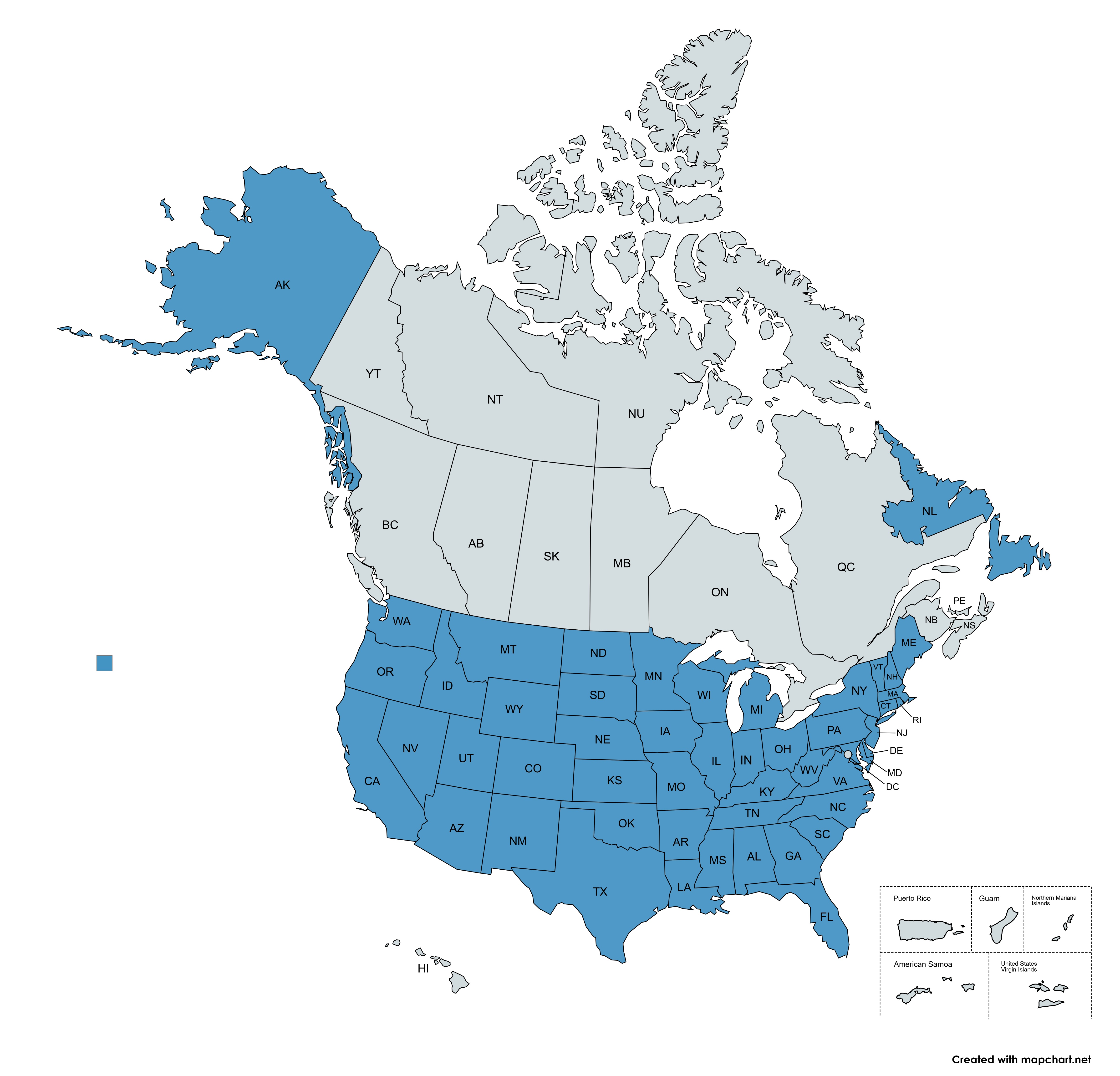
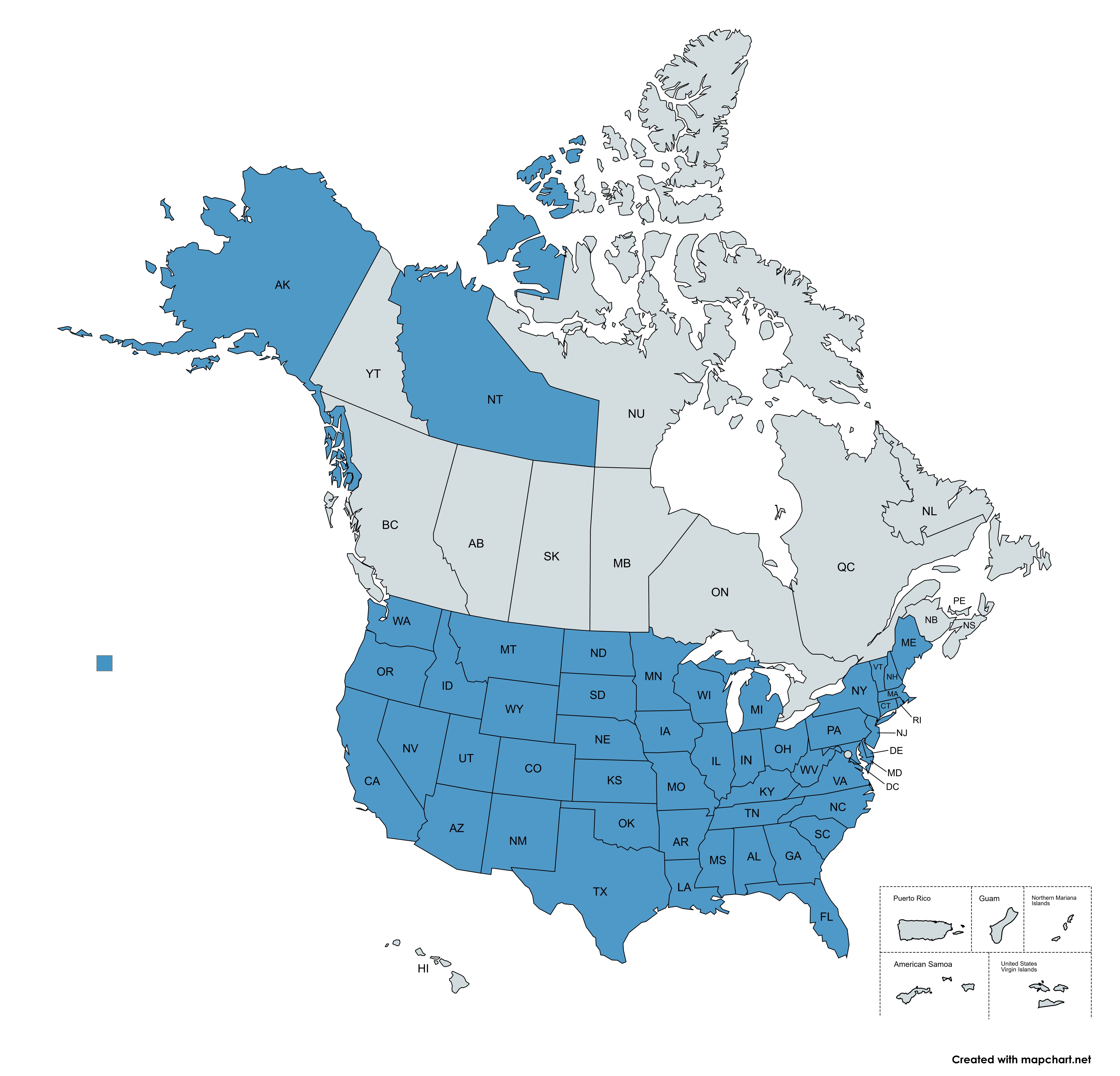
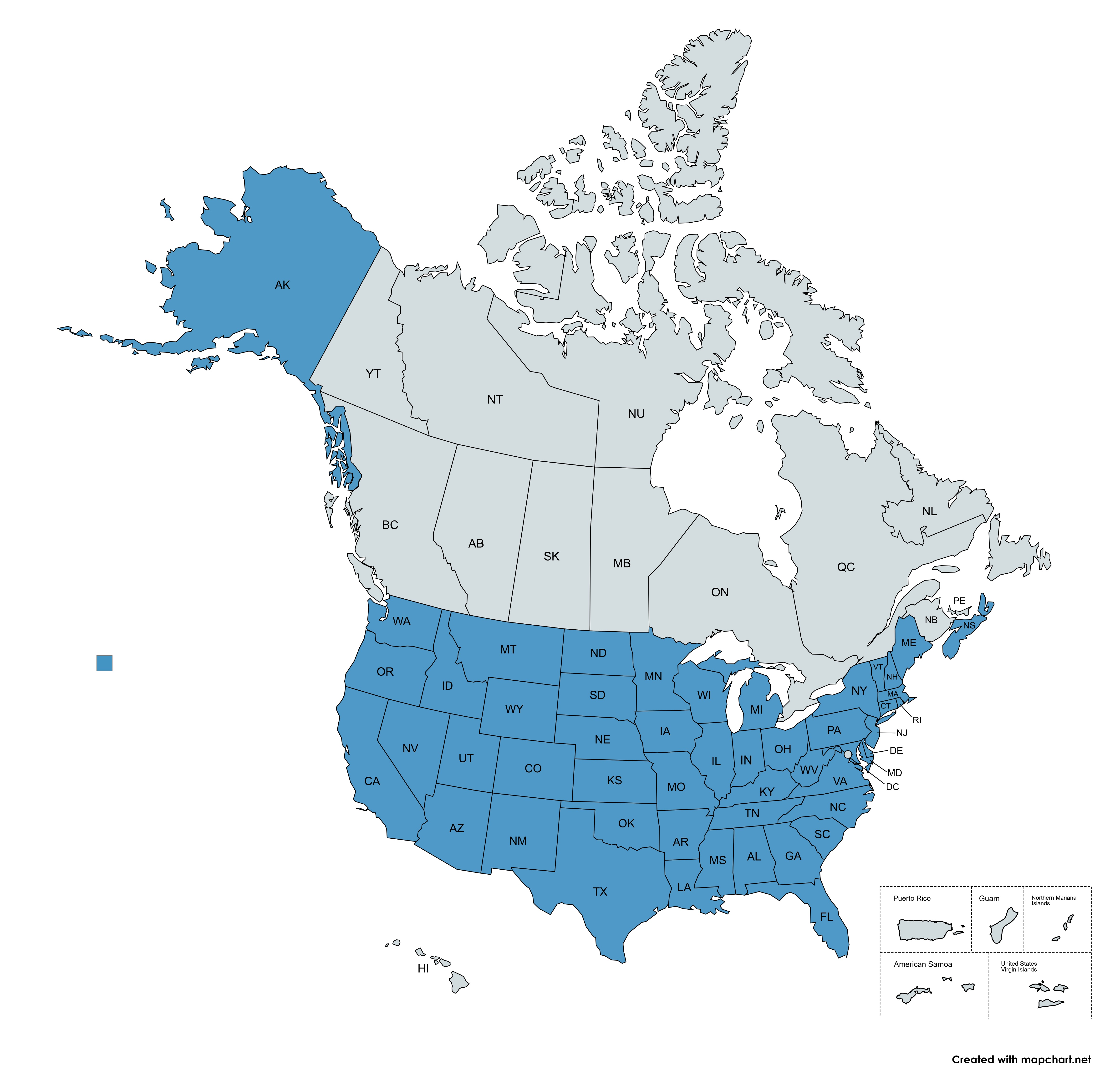
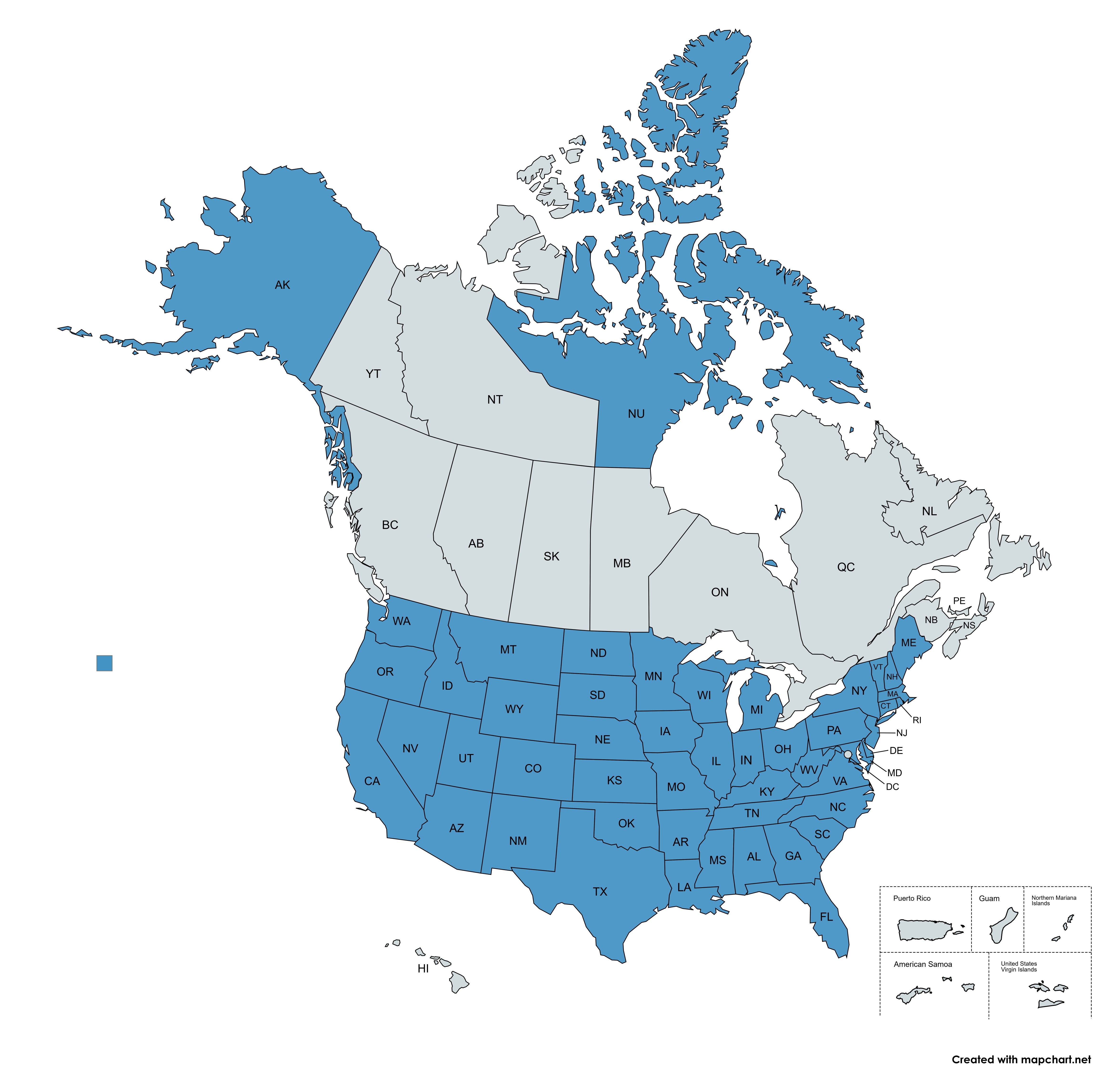

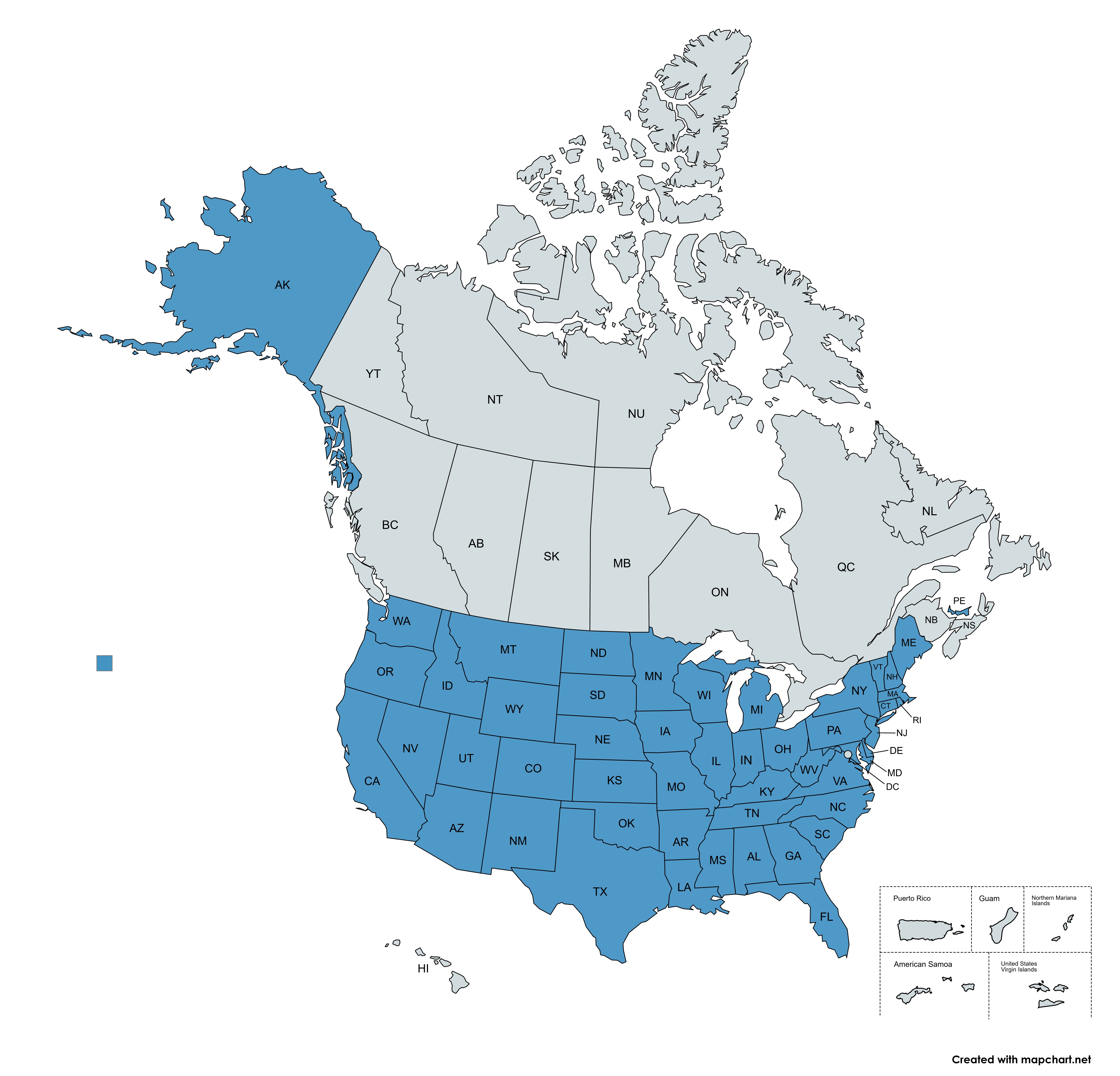

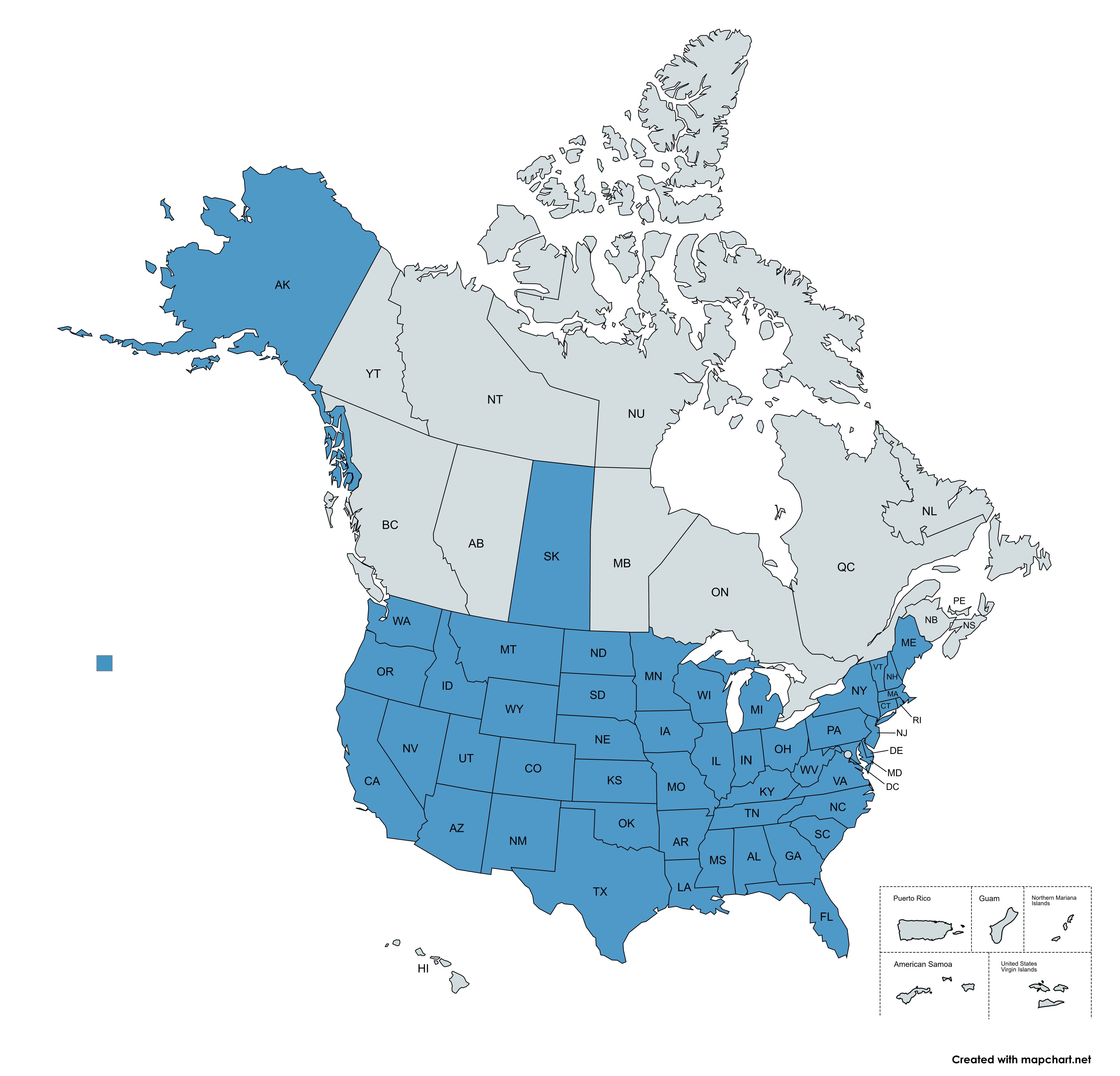
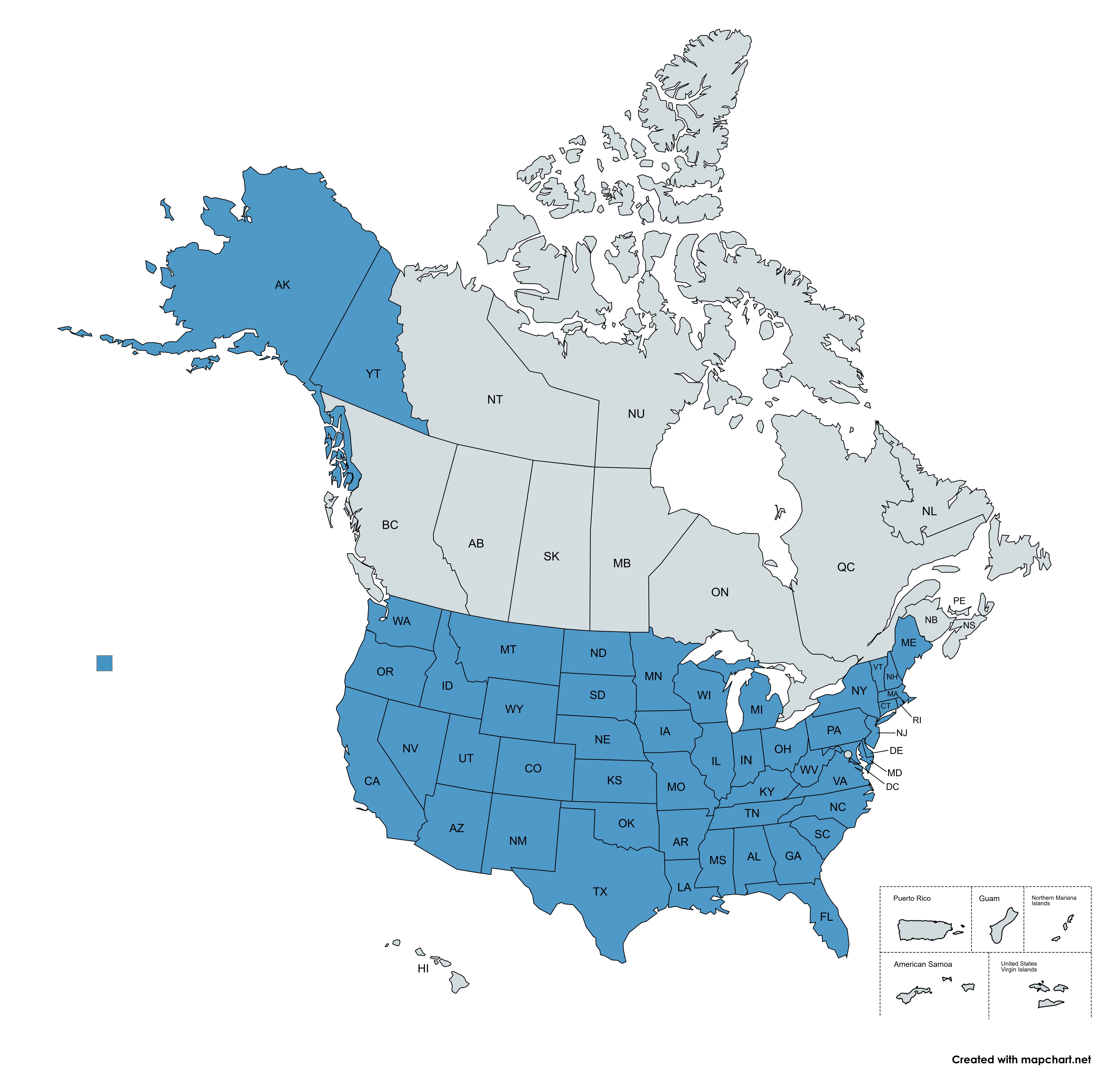
Comments
No comments yet. Be the first to comment!